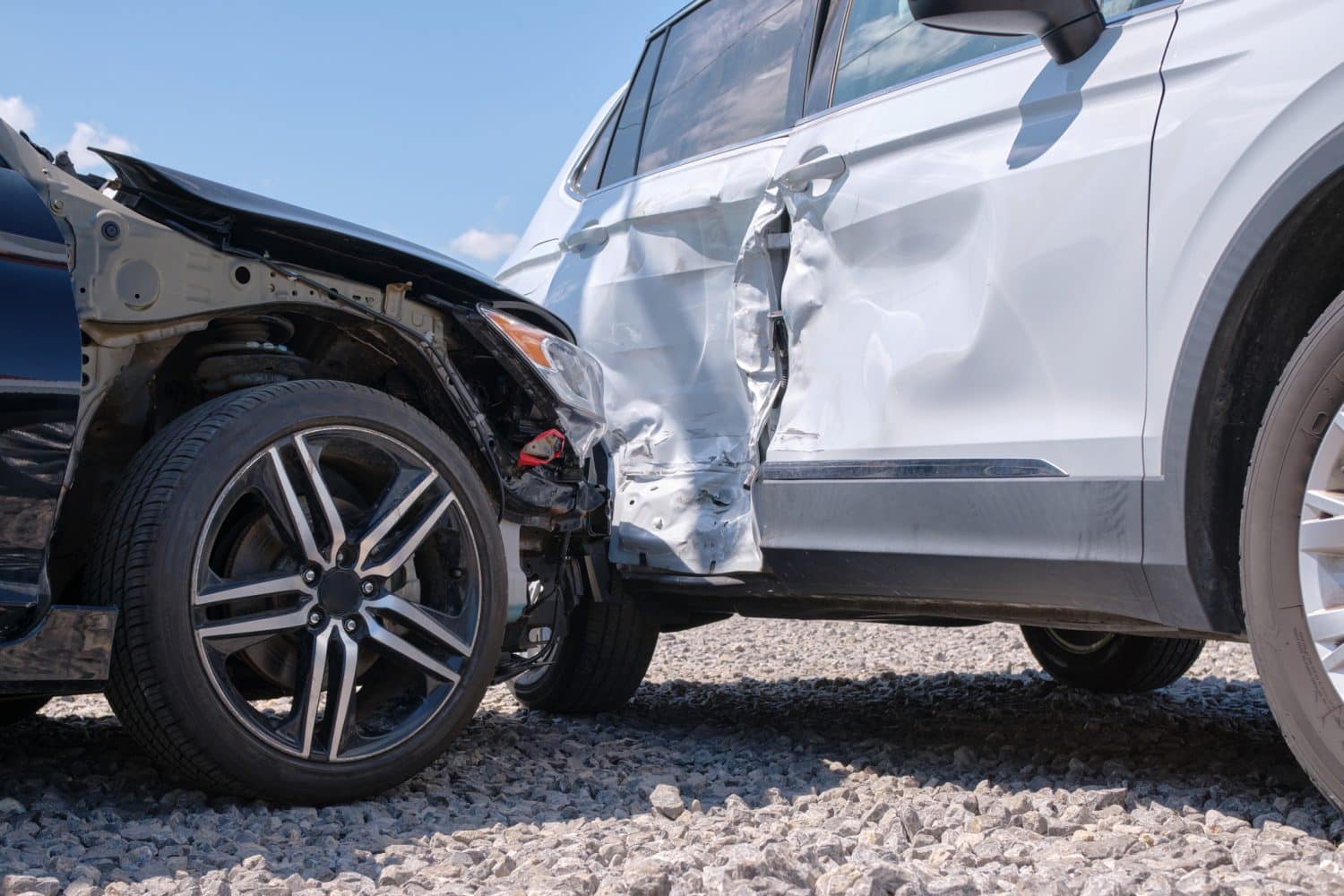What Is a Black Box?
Black boxes, also known as Event Data Recorders (EDRs), are not exclusive to airplanes anymore. In fact, they’re commonly found in a wide range of vehicles, including cars, trucks, and sometimes even motorcycles! These devices are like silent witnesses to accidents, capturing important data that can help determine what went wrong and why.
What Types of Data Do Black Boxes Record?
Black boxes in vehicles capture a wealth of data, including:
- Vehicle speed
- Brake and throttle status
- Seatbelt usage
- Airbag deployment
- Steering angles
- And more
This data is of immense value for accident investigations, offering insights into the events leading up to a collision.
Do Cars Have Black Boxes?
Yes, modern cars do have black boxes, and their presence has become increasingly common. These devices have been mandatory in new passenger vehicles since 2014, and they play a vital role in accident analysis. There have even been recent efforts to extend the amount of time that black boxes are required to record before an accident from 5 seconds to 20 seconds, showing just how important the information they provide may be.

How Can a Black Box Be Used in a Motor Vehicle Accident Claim?
The data from both your own and the other driver’s black boxes can significantly impact a motor vehicle accident claim. Let’s explore how the information from these devices can shape your case.
Helping Your Case
Your Vehicle’s Black Box: When the data from your vehicle’s black box aligns with your account of the accident, it becomes a formidable asset. For instance, it can substantiate your claim that you were following traffic laws, maintaining a safe speed, or properly using safety features like seatbelts. Such evidence can robustly bolster your position in the claim.
Other Driver’s Black Box: Similarly, the black box in the other driver’s vehicle can be advantageous. If their data confirms your version of events, it can provide additional support for your case, showing that their actions contributed to the accident.
Hurting Your Case
Your Vehicle’s Black Box: On the flip side, data from your own black box may not always be in your favor. If the information suggests that you were speeding, failed to brake when necessary, or engaged in risky behavior, this could adversely affect your case. This underscores the importance of understanding what your vehicle’s black box may reveal and how to address any potential challenges it presents.
Other Driver’s Black Box: Just as your own black box data can be detrimental, the other driver’s black box may also contain damaging information. If their data indicates that you share responsibility for the accident, it could complicate your case and potentially reduce your claim’s value.
How Do I Access the Other Driver’s Black Box Data After an Accident?
Accessing black box data is not as straightforward as grabbing the data yourself. To retrieve and interpret this information, you may need the expertise of a trained professional. Here’s how you can go about it:
- Expert Examination: A specialist, often an accident reconstruction expert, can extract and interpret the data from the black box. Their analysis is essential in understanding the events leading up to the accident accurately.
- Legal Assistance: It’s wise to consult an attorney experienced in motor vehicle accident claims. They can help you obtain a spoliation letter—a legal document that prevents the alteration or destruction of evidence—ensuring that the black box data remains intact.
Contact an Attorney After a Motor Vehicle Accident
In the aftermath of a car, truck, motorcycle, or even Uber/Lyft accident, seeking legal counsel is a pivotal step. This is especially true in light of the black box data discussed above. Here is why it’s essential to have the right lawyers on your side:
- Data Interpretation: As mentioned, black box data can significantly influence the outcome of your accident claim. An experienced attorney can not only help you access this data but also interpret it accurately.
- Legal Expertise: Motor vehicle accident claims involve complex legal processes and negotiations with insurance companies. Attorneys possess the legal expertise to navigate these intricacies, ensuring that you receive the compensation you may deserve.
- Negotiation and Advocacy: Your attorney can advocate on your behalf, whether the black box data supports or challenges your case. They can negotiate with insurance companies and represent your best interests, striving to reach a fair settlement or taking your case to court if necessary.
- Spoliation Letter: As previously mentioned, a spoliation letter is crucial to preserve black box data. Your attorney can draft and send this letter to the responsible party, ensuring that no crucial evidence is destroyed or altered, protecting your case.
- Comprehensive Evaluation: In a motor vehicle accident claim, black box data is just one piece of the puzzle. An attorney can provide a holistic assessment of your case, considering all evidence, witnesses, and factors at play to build the most robust case possible.
Our team’s expertise, advocacy, and legal acumen can make a significant difference in the outcome of your claim, ensuring that you receive fair compensation and that justice is served.

















